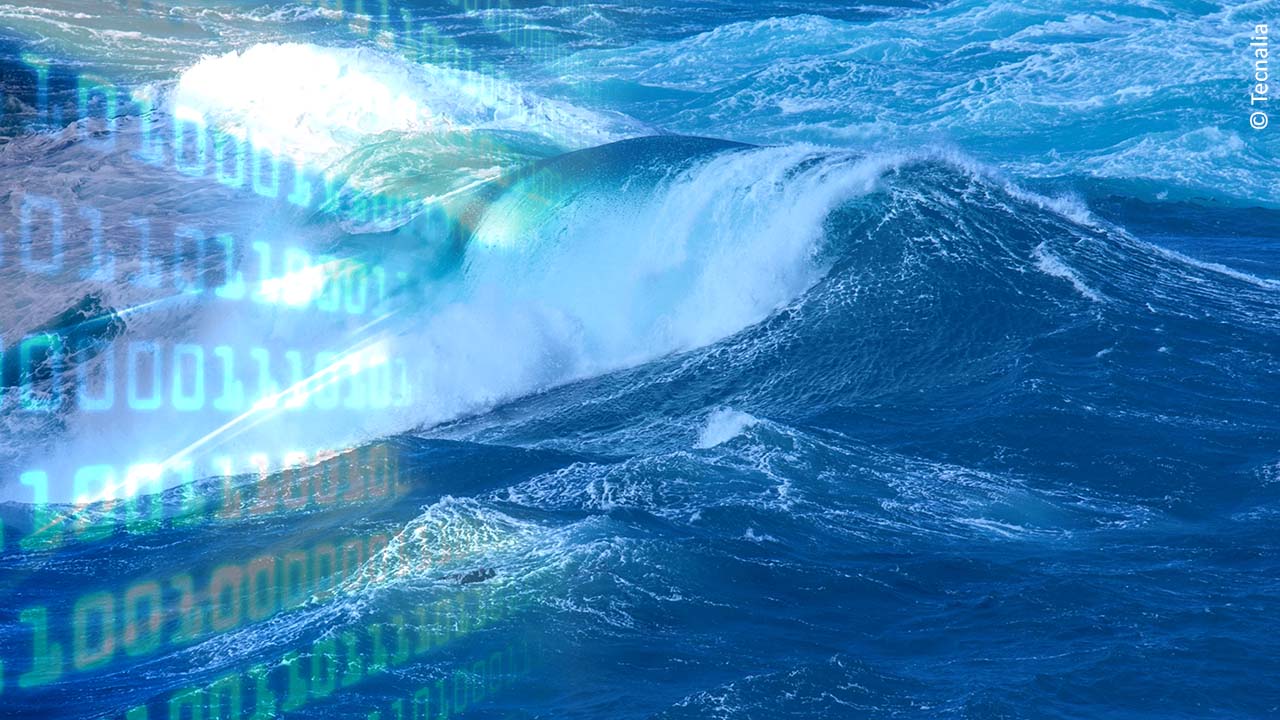WavEC Offshore Renewables
Type of resources
Available actions
Topics
Keywords
Contact for the resource
Provided by
Formats
status
-

This deliverable includes the proposed logistic model architecture in terms of flow charts, including data flows within the model and with other DTOcean modules and external databases and tools.
-

Ocean energy is a promising source of clean renewable energy, with clear development targets set by the European Commission. However, the ocean energy sector faces non-technological challenges and opportunities that are frequently overlooked in deployment plans. The present study aimed to provide a critical evaluation of the ocean energy sector’s legal, institutional, and political frameworks with an identification and analysis of both barriers and enabling features for the deployment of ocean energy. In the first stage, a literature review on the current political and regulatory frameworks of a set of European countries was carried out, setting the basis for the main challenges and enabling factors faced by the sector. Secondly, a critical analysis of the main non-technological barriers and enablers was performed, which was supported by questionnaires sent to regulators, technology developers, and test-site managers. This questionnaire allowed us to collect and integrate the views, perceptions, and personal experiences of the main stakeholders of the ocean energy sector in the analysis. The most relevant insights were collected to guide future policy instruments, supports, and consenting measures in a more informed and effective manner and to help accelerate the development of the sector.
-

The present document summarises both the functionalities, supporting theory, as well as the more technical aspects of the code implemented for this module. This module will provide the user with a set of metrics and assessments, such as the levelized cost of energy and internal rate of return, relevant to the techno-economic and financial assessments of wave and tidal renewable energy projects at different stages of development. A set of complementary metrics have been included, representing the costs of the systems against a set of benchmark values.
-

This document extensively reviews the key offshore logistics operations driving the development of an array of wave or tidal energy devices. A large amount of information with relevance for the development of the DTOcean lifecycle logistics module was compiled in a systematic approach.
-

This document includes the details of the logistics and marine operations module of the deployment design tools. This module is responsible for designing and planning the project lifecycle phases of an ocean energy project. Reflecting the most recent experiences and best practices of the offshore wind sector, this module produces integrated solutions in respect to logistic infrastructure, comprised of vessels, equipment and ports, as well as operation durations and costs based on introduced historical weather data.
-

This report consists of a comprehensive description of the logistic functions and associated logistical model forming the installation module developed within the frame of the global DTOcean tool. The overriding goal is to disclose the structure and content of the installation module
-

Ocean energy is a relevant source of clean renewable energy, and as it is still facing challenges related to its above grid-parity costs, tariffs intended to support in a structured and coherent way are of great relevance and potential impact. The logistics and marine operations required for installing and maintaining these systems are major cost drivers of marine renewable energy projects. Planning the logistics of marine energy projects is a highly complex and intertwined process, and to date, limited advances have been made in the development of decision support tools suitable for ocean energy farm design. The present paper describes the methodology of a novel, opensource, logistic and marine operation planning tool, integrated within DTOceanPlus suite of design tools, and responsible for producing logistic solutions comprised of optimal selections of vessels, port terminals, equipment, as well as operation plans, for ocean energy projects. Infrastructure selection logistic functions were developed to select vessels, ports, and equipment for specific projects. A statistical weather window model was developed to estimate operation delays due to weather. A vessel charter rate modeling approach, based on an in-house vessel database and industry experience, is described in detail. The overall operation assumptions and underlying operating principles of the statistical weather window model, maritime infrastructure selection algorithms, and cost modeling strategies are presented. Tests performed for a case study based a theoretical floating wave energy converter produced results in good agreement with reality.
-

This report provides an introduction to the architecture of the installation module within the DTOcean global tool
-

This report details the algorithms for implementation of the effects of array changes on device cost
-

This report provides a critical evaluation of the ocean energy sector’s legal, institutional, and political frameworks with an identification and analysis of barriers and enabling factors for the deployment of ocean energy.
 Catalogue PIGMA
Catalogue PIGMA